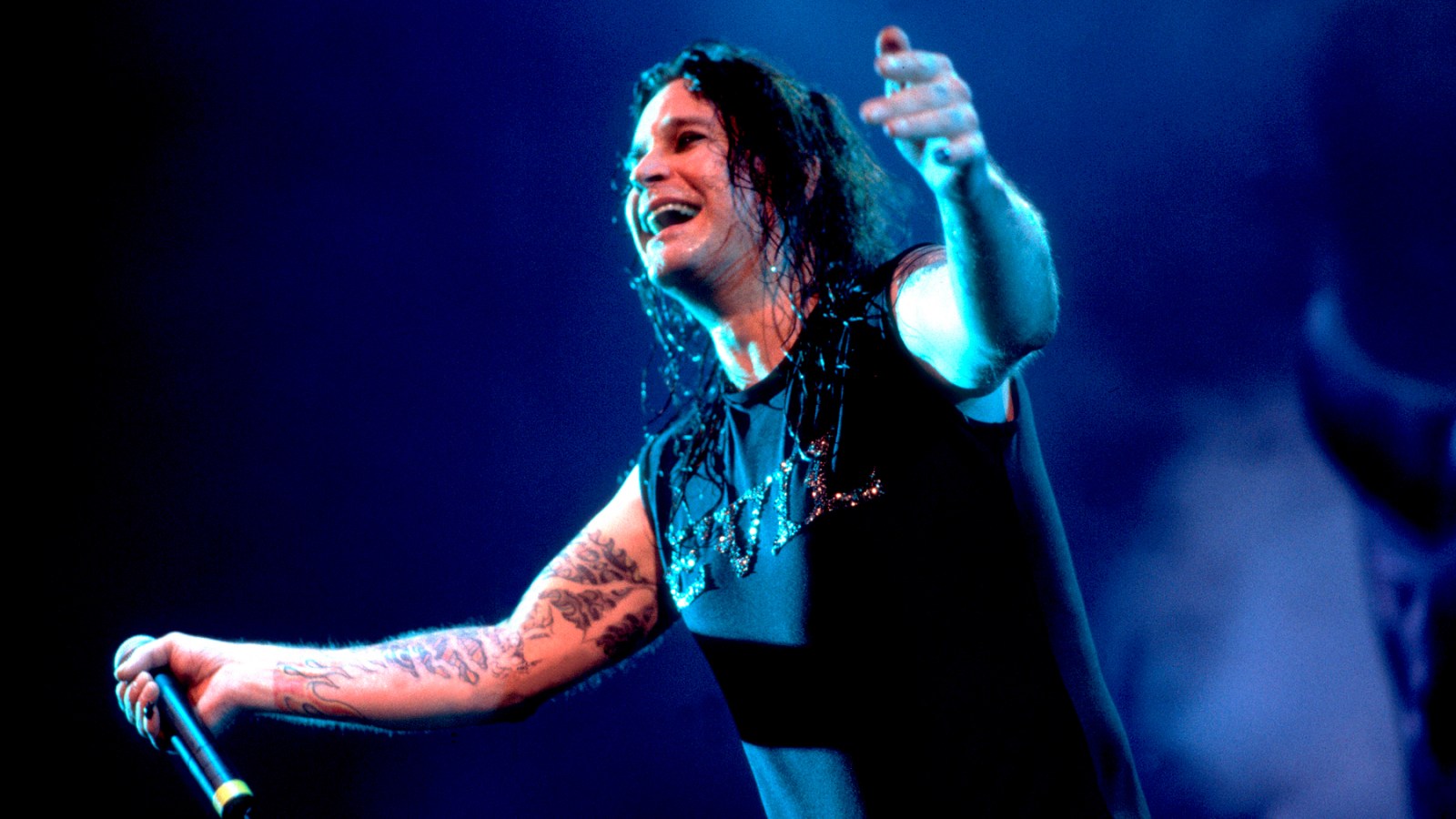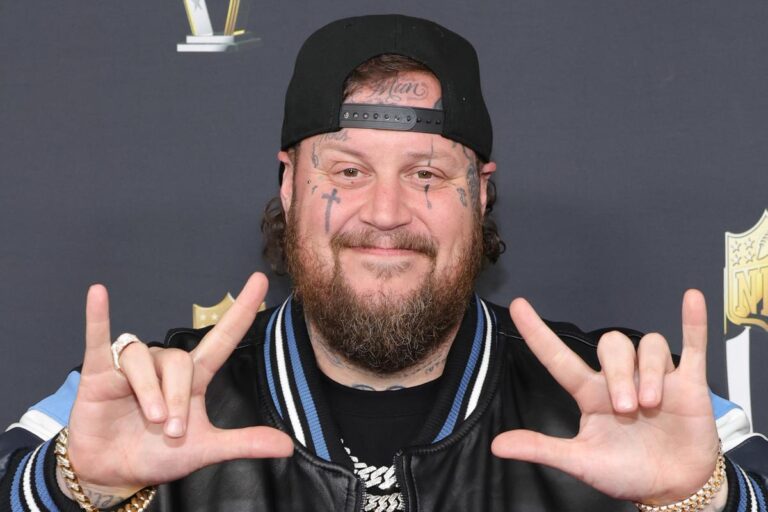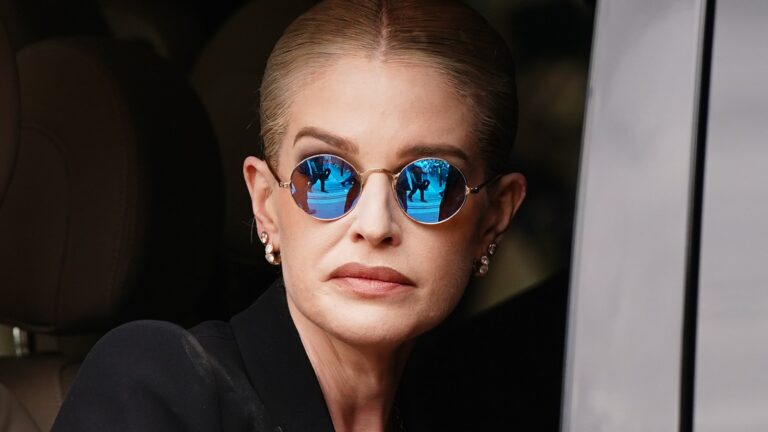When Ozzy Osbourne brought Metallica on tour in 1986, he noticed his young opening act blasting Black Sabbath in their dressing room and covering his old band’s songs in soundchecks. Osbourne’s first assumption, he said later, was that Metallica were mocking him. He was stunned to learn they were actually displaying their hero worship, and trying to coax him onstage with them.
As discussed in the new episode of Rolling Stone Music Now, Osbourne — who died July 22 at the age of 76 — could be touchingly insecure for a beloved and wildly influential metal legend. (To hear the whole episode, go here for the podcast provider of your choice, listen on Spotify or Apple Podcasts, or just press play above.) Those feelings of inadequacy, fueled by an impoverished childhood, were a factor behind both his substance abuse and his many decades of success. ”He didn’t think he was a winner,” says Rolling Stone‘s Kory Grow, who joins host Brian Hiatt for the conversation. “And I think that mentality is the thing that really kept him striving for more and striving to be better.”
The episode traces Osbourne’s entire life and career, including the moment he and Sabbath created metal as we know it. A good chunk of their menacing image, we learn, was imposed from the outside. The church bells on the song “Black Sabbath” were added by a producer, and the upside-down cross in the album artwork came as a complete surprise to the band members, who were raised Christian and so squeamish about the occult that The Exorcist freaked them out.
The episode also covers Osbourne’s parting with Sabbath in the late Seventies, the near-miraculous birth of his solo career after he teamed with the late guitar genius Randy Rhoads, and everything that followed. Grow, who spoke to Osbourne frequently, offers an inside perspective on his final years.
When Osbourne returned to the stage in 2022, he was in “great spirits,” Grow says. “He thought he was going to be doing more than two songs at concerts… After that, he still talked about working to get better, but he also talked about how hard it was and how he had trouble walking and different hardships he was having. And in successive interviews that I did with him, his voice just sounded weaker and a little more broken. It was sad to hear, mostly because he sounded so mentally alert and with it.”
In the end, Osbourne did make it onstage once more, just two weeks before his death, in his hometown of Birmingham, England for the mammoth the farewell charity concert Back to the Beginning. Sitting on a throne, Osbourne found the strength to sing solo hits and reunite with Black Sabbath one last time, after a day that saw hard-rock and metal giants from Tool to Metallica to Guns N’ Roses pay tribute. ”That speaks volumes,” Grow says, “that these bands would want to rally behind charity and rally behind the music and the legacy that Ozzy created.”
Download and subscribe to Rolling Stone‘s weekly podcast, Rolling Stone Music Now, hosted by Brian Hiatt, on Spotify or Apple Podcasts (or wherever you get your podcasts). Check out eight years’ worth of episodes in the archive, including in-depth interviews with Mariah Carey, Bruce Springsteen, SZA, Questlove, Halsey, Neil Young, Snoop Dogg, Brandi Carlile, Phoebe Bridgers, Rick Ross, Alicia Keys, the National, Ice Cube, Taylor Hawkins, Willow, Keith Richards, Robert Plant, Dua Lipa, Killer Mike, Julian Casablancas, Sheryl Crow, Johnny Marr, Scott Weiland, Kirk Hammett, Coco Jones, Liam Gallagher, Alice Cooper, Fleetwood Mac, Elvis Costello, John Legend, Donald Fagen, Charlie Puth, Phil Collins, Justin Townes Earle, Stephen Malkmus, Sebastian Bach, Tom Petty, Eddie Van Halen, Kelly Clarkson, Pete Townshend, Bob Seger, the Zombies, and Gary Clark Jr. And look for dozens of episodes featuring genre-spanning discussions, debates, and explainers with Rolling Stone’s critics and reporters.



